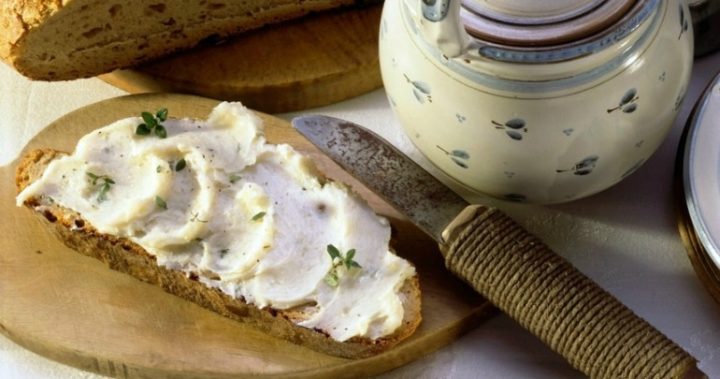
While most Baby Boomers are aware that cooking oil should never be poured down the sink, the message has fallen on deaf ears in some parts of Australia. In fact, many households appear to be shying away from using leftover fat and grease to whip up other tasty creations and are instead opting to pour it down the drain.
Using leftover fats for delicious recipes may no longer be a thing of the norm, with Queensland Urban Utilities asking Brisbane residents to refrain from dumping their unwanted fats and oils down the drain. In recent times, the river city has seen an increase of fatbergs.
Fatbergs form in drains and the sewer when cooking oils and fats that are tipped down drains combine with other foreign materials such as wet wipes that also shouldn’t be making their way down the sewer. Unfortunately, the cooler winter climates provide the perfect conditions for fatbergs to form.
“Hot cooking fats go down the sink as liquid, but when they enter the sewer they cool and solidify into a smell mass,” Queensland Urban Utilities Spokesperson Sally Prosser said. “The pipes are colder in winter, so this solidification process happens faster and can cause blockages in your household plumbing as well as our system.”
Queensland Urban Utilities spends $1.5 million each year to clear more than 4,000 major blockages from the network, with fat being one of the leading contributing factors to these obstructions.
Read more: Dripping: The food ‘waste’ that we used to relish
As many as one in four people are wrongly washing their cooking oils and fats down the sinks, while as many as 50 per cent of people pour leftover sauces and dips down the plughole. Research from a Queensland Utilities survey also found as many as 15 per cent of people wash food scraps down their sinks.
Because of the nature of winter, people are more likely to be cooking heartier meals such as roasts, soups and casseroles that are higher in fats. While it can be easy to jam these leftovers down a sink and forget about them, there’s a better way to dispose of scraps that could cause bigger problems down the track.
“There are simple ways you can prevent your winter warmers turning into foul fatbergs, such as scraping leftovers into the bin instead of the sink,” Prosser said. “You could also wipe the grease from pans with a paper towel or pour cooking oils into a container and throw it in the bin. The message is simple – ‘think at the sink’ – and avoid a titanic plumbing problem.
Read more: Get rid of pests, unclog drains and more with borax
For many Boomers, particularly those who grew up in Australia or the UK, this would never be a problem. It wasn’t uncommon for families in many households to actually use leftover fats in cooking. One favourite for many families was bread and dripping – which was essentially the fat left in a pan after cooking as a roast. Others used it to make gravy, crispy baked potatoes and even other roast dinners.